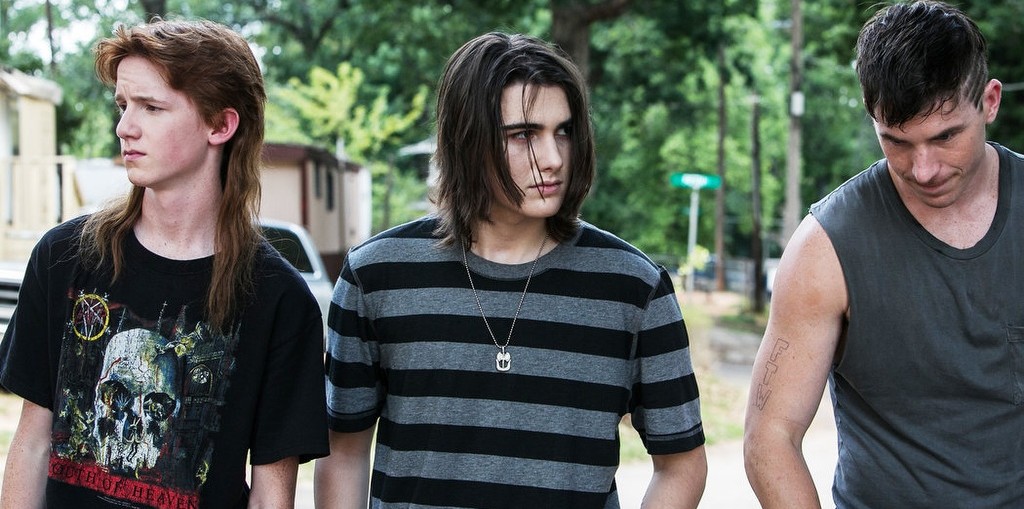What is a thoroughly compelling story from start to finish is nevertheless constantly held back by ludicrous casting choices and major flaws from screenwriters Paul Harris Boardman and Scott Derrickson, and critically from director Atom Egoyan, preventing this from becoming surefire awards worthy material. It’s adapted from the 2002 novel of the same name by Mara Leveritt, which detailed the harrowing true story of the disappearance of three young boys in the small town of West Memphis, Arkansas, in the early nineties, and the ensuing criminal trial of three teenage suspects thought to have been involved.
The film on the one hand plays with the potential innocence of the accused, but on the other we are shown right at the beginning an event taking place just after the kids go missing involving a man going into a restaurant and arousing suspicion, then legging it before the police arrive. It couldn’t be more heavily suggested he is involved, and yet no further mention of it is made until much farther into the movie, undermining everything in-between because we know of its existence and continually ask ourselves ‘why is nobody talking about this pretty major smoking gun event that the police are aware of?’. There are other major developments in terms of the evidence that feel like they aren’t being dramatised to the degree they should be, and in fact they get little more than some sighs of surprise in the courtroom, and a number of casting choices which immediately point suspicion due to their respective back catalogue of roles all continues to undermine the unfolding plot. Indeed, there are basic forensic questions which are never touched upon in the film and yet they absolutely must have been in the actual trial.
Even some of the characters seem dubious – Colin Firth plays an investigator who offers his services pro bono out of a sense of safeguarding justice, with the accused potentially facing the death penalty, and we see him constantly eyeing Reese Witherspoon (who plays the mother of one of the missing children). We assume that there is some connection there which will come to light later on but it turns out there isn’t one, he simply feels a lot of empathy for her. That kind of sums up the whole film – all of the right ingredients just orchestrated together poorly.
The performances themselves are all fine, though possibly Firth is stretching the most here, with an American accent which is good but quietens further his already quite reserved voice. Once upon a time a law student friend of mine took me to the public gallery in court for an afternoon’s excursion, which I have to fully recommend to anyone who has never been as it is utterly fascinating to watch the process of real trials unfolding, but I’ll never forget one poor woman who was taken into the court in cuffs and within a matter of minutes the judge had ascertained that the police hadn’t in reality secured a single piece of evidence against her and, understandably unhappy about this, she demanded that the accused be immediately released after having been in custody for a period of some weeks awaiting the hearing. I simply couldn’t believe that in this day and age something like that could happen, and along these lines films like this are very important because they highlight not only the effects of serious crime, but also the fallibility of officers who may care more about getting ‘a result’ than unearthing the truth of the matter at hand (if you ever have any dealings with the police ALWAYS make sure you exercise your right to have a lawyer present).
A courtroom drama that could, and should, have been much more intricate still remains compulsive viewing, and a story that will stay with you for a very long time.

